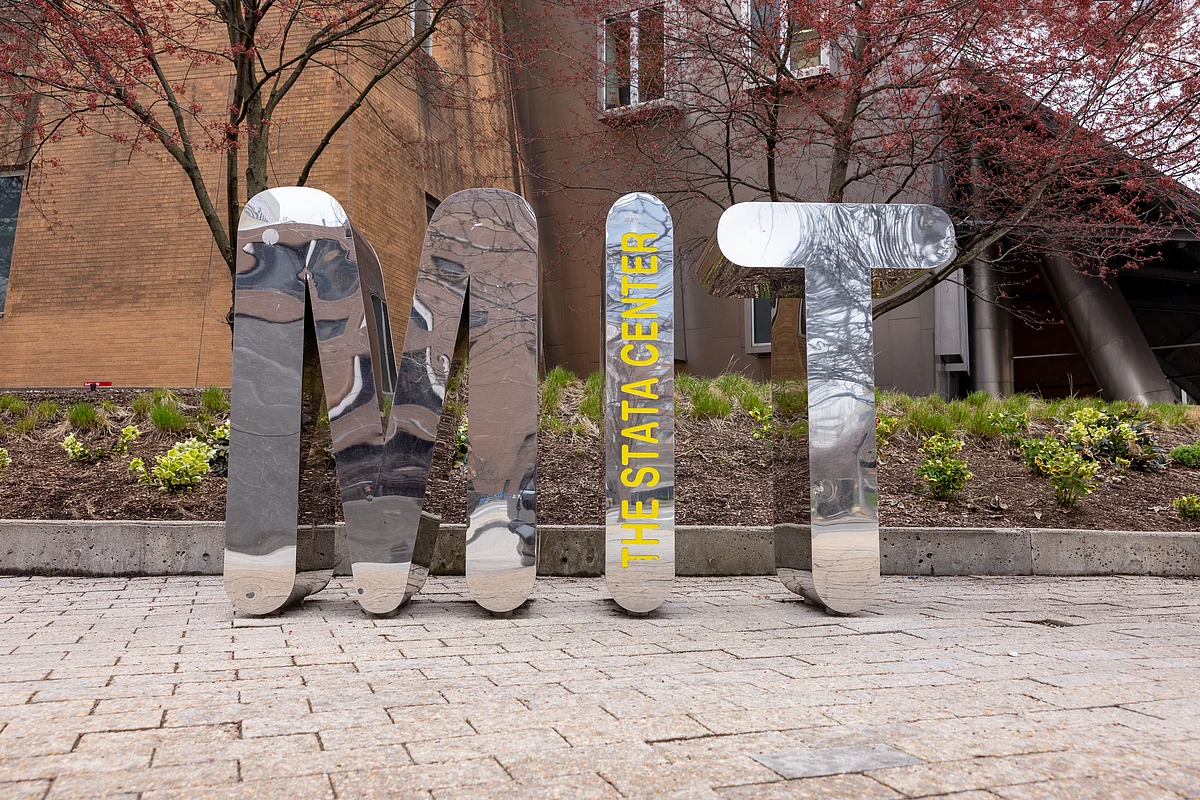Trump vs. Harvard: Could foreign student bans hit MIT, Yale and Stanford next?
What the law says about the government’s power to act against universities

Dubai: Harvard may be the first, but it likely won’t be the last. President Donald Trump’s renewed crackdown on foreign students, triggered by Harvard’s refusal to share conduct records with the Department of Homeland Security (DHS), is sending shockwaves through elite campuses across the US.
With Trump hinting that the crackdown could extend to other top universities like MIT, Yale and Stanford, international students and university legal teams alike are bracing for what could become a sweeping federal campaign.
The Department of Homeland Security recently tried to revoke Harvard’s certification under the Student and Exchange Visitor Programme (SEVP), which allows the university to admit foreign students. If the ban takes effect, nearly 7,000 students — 27 per cent of the 2024–2025 student body — could be barred from enrolling or even face deportation.
A federal judge has temporarily blocked this move, giving Harvard a brief reprieve while the legal fight unfolds. Harvard calls the action politically motivated retaliation, violating its constitutional rights and threatening its academic mission. The administration, meanwhile, accuses Harvard of failing to address antisemitism, ideological imbalance, and problematic hiring practices.
What’s next?
Allison Burroughs, the federal judge appointed in 2014 by former President Barack Obama, will begin to lay out her timeline for the case when she holds a status conference Tuesday in Boston federal court. Two days later, she will hear arguments on whether to extend her bar on the government’s actions while the litigation moves forward.
Behind closed doors, legal teams at major universities — MIT, Columbia, Yale, and Stanford among them — are reportedly scrambling to audit compliance procedures, fearing they may be next in line.
Several of these campuses have recently hosted large-scale student protests, including pro-Palestine demonstrations and sit-ins decrying American foreign policy. These expressions of dissent, historically protected under the banner of academic freedom, may now be placing institutions at political risk.
What happened at Harvard?
At the centre of the clash is Harvard’s refusal to comply with a DHS request to provide detailed records on international student conduct — particularly regarding alleged participation in protests deemed “unlawful” or “disruptive” by the administration. The DHS responded by moving to revoke Harvard’s ability to host international students, citing national security concerns.
Harvard immediately pushed back. Interim President Alan Garber denounced the move as “unlawful and retaliatory,” arguing that the university cannot be expected to act as an extension of law enforcement. Harvard filed a federal lawsuit to block the DHS decision, and a judge issued a temporary restraining order — for now, buying the institution some time.
But Trump appears undeterred. “We’re looking at a lot of possibilities… Harvard, as well as some other universities, will have to change their approach,” he said at a press event when asked whether the foreign student ban could be extended.
Activism on notice
The signal is clear: Elite universities with vocal student activism and large international populations are on notice. Legal scholars have warned that any future enforcement actions could test the limits of academic freedom and constitutional protections around free speech and association.
Already, internal emails and emergency meetings at several top schools indicate rising anxiety. Some universities are reviewing visa sponsorship records, foreign funding disclosures, and student organisation oversight, in an effort to preempt any accusations of noncompliance.
For international students — many of whom contribute significantly to the academic and financial life of American universities — the implications are alarming. “I came to the US for its academic freedom,” said one graduate student at Columbia. “Now I’m wondering if I’m a political liability.”
Whether Harvard stands alone or becomes the first in a line of targets may depend not just on legal outcomes — but on how far universities are willing to push back.
What does the law say? Can the government act against universities?
While the Department of Homeland Security (DHS) can regulate universities that enroll international students by requiring certification under the Student and Exchange Visitor Program (SEVP), its authority is not unlimited.
Universities must maintain compliance with SEVP regulations to keep their certification, which allows them to admit international students on F-1 and J-1 visas. DHS can revoke certification if a school fails to comply with these rules, such as poor record-keeping or evidence of fraud — but this process requires clear evidence and due legal process.
Universities also have constitutional protections, including First Amendment rights to free speech and academic freedom, and Fifth Amendment protections guaranteeing due process. This means the government cannot arbitrarily punish or target a university for political reasons or because of peaceful student protests.
Only in cases where international students engage in unlawful conduct — such as violence or vandalism — might a university face scrutiny for failing to report serious violations. However, peaceful protests alone are legally protected and should not trigger punitive action.
Legal experts say the current DHS actions, particularly demands for detailed student conduct records, may push the limits of regulatory power. If certification is revoked without clear legal grounds, universities have the right to challenge such decisions in court — as Harvard has done.
Sign up for the Daily Briefing
Get the latest news and updates straight to your inbox
Network Links
GN StoreDownload our app
© Al Nisr Publishing LLC 2026. All rights reserved.
